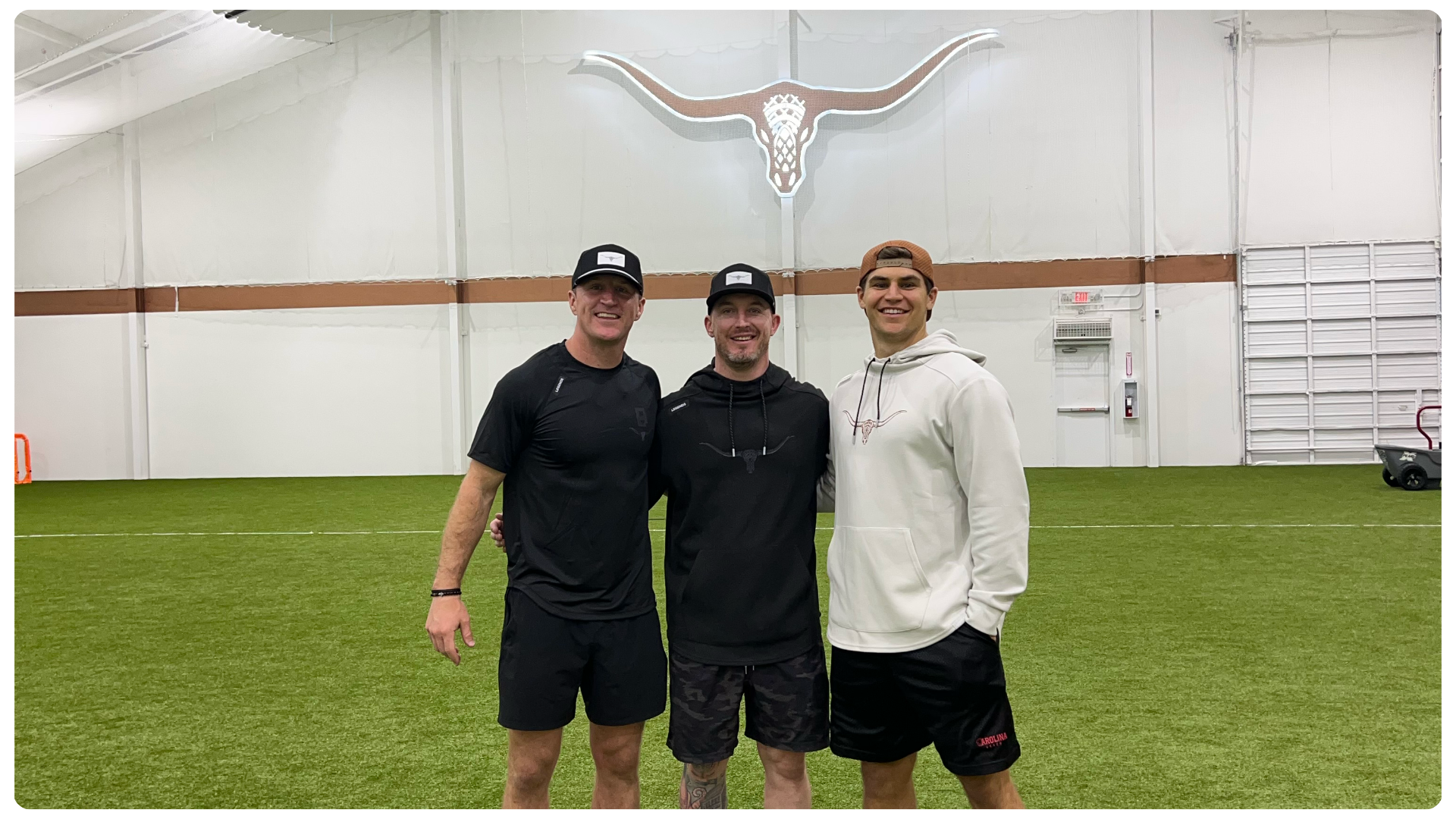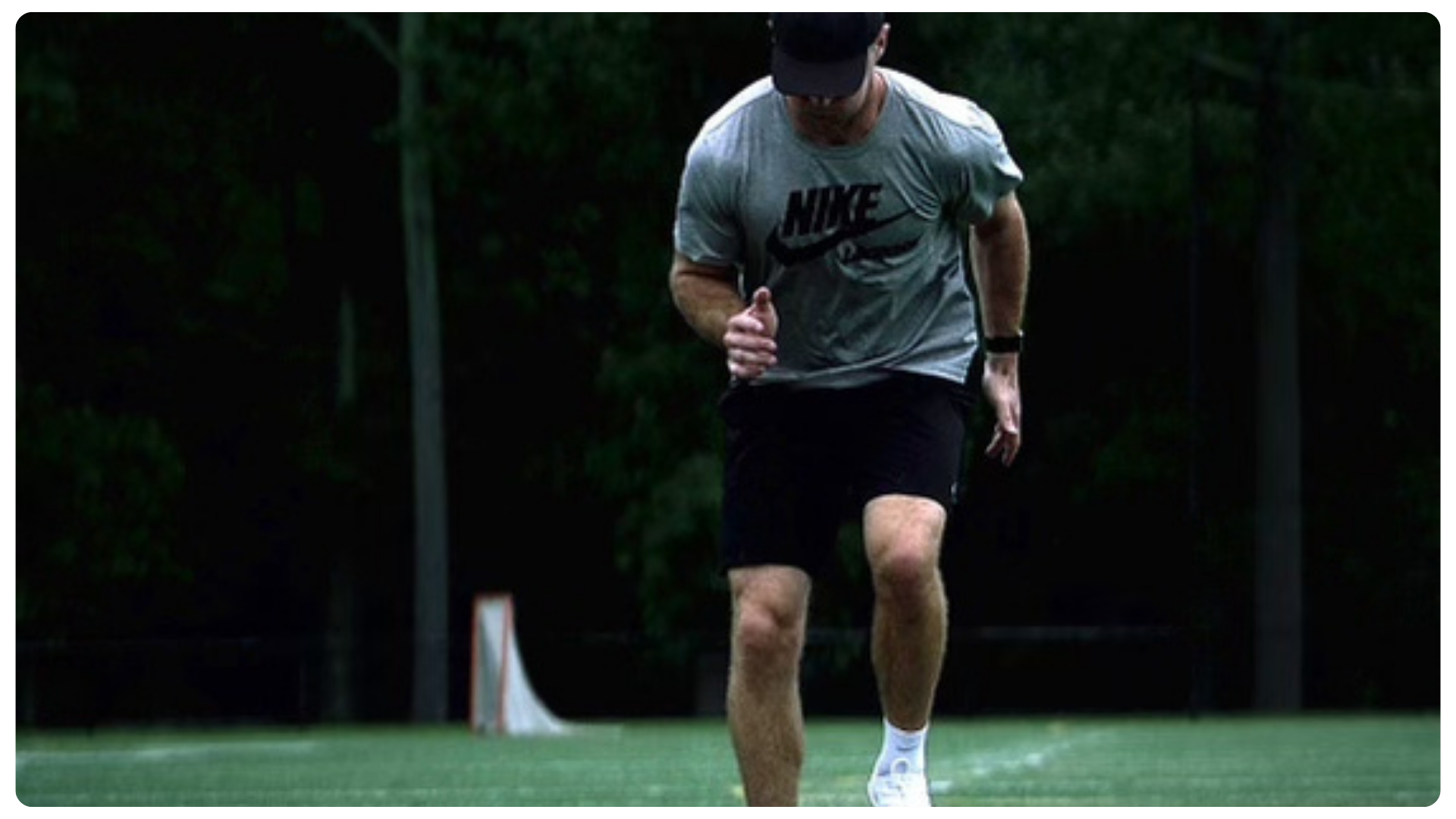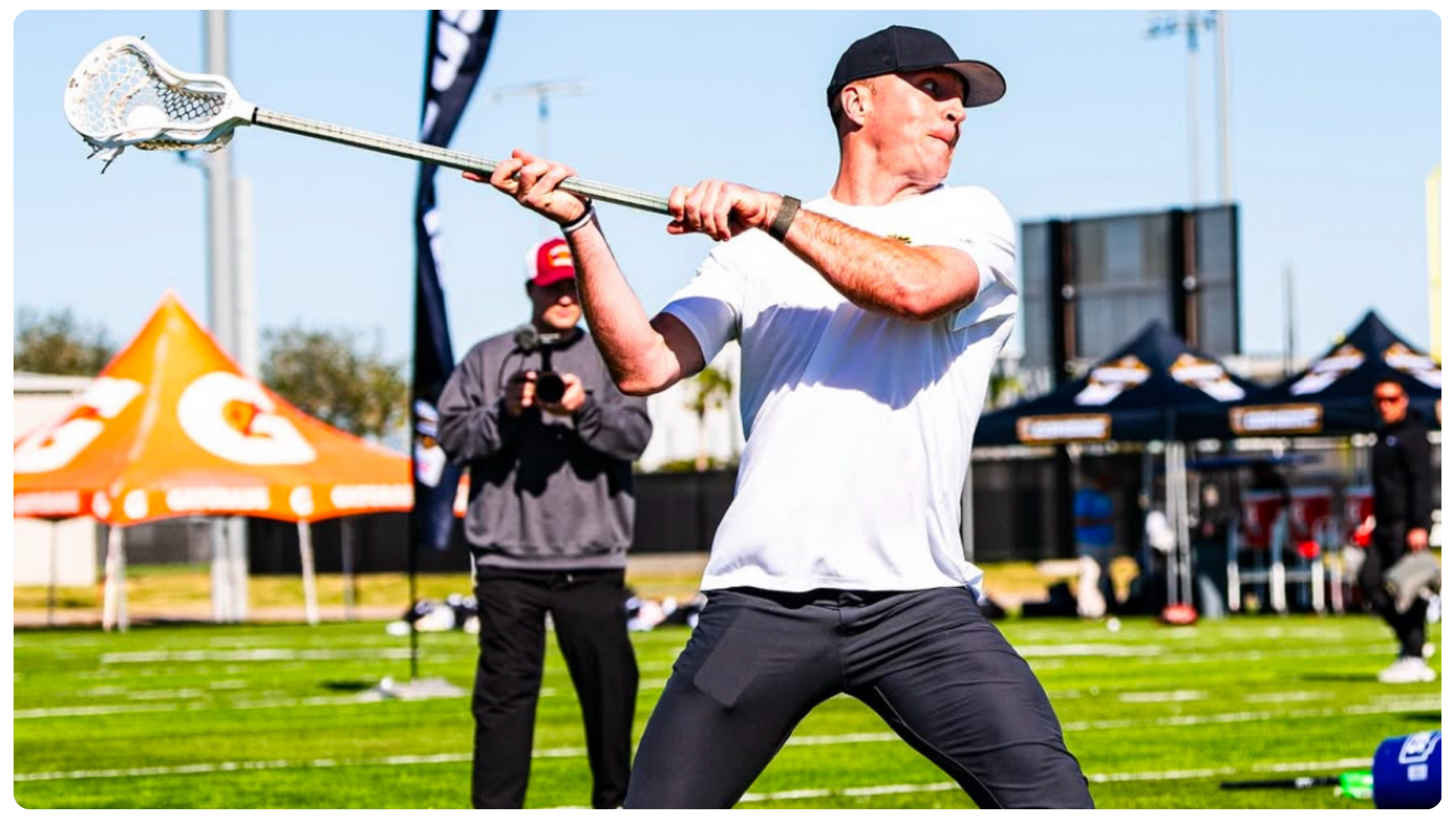Act It Until We Become It
Rather than asking ourselves, “What should I do this weekend?” we ought to check in on the question, “What do I do every day?” Our mundane routines...

One out of every five Nobel-Prize-winners had mentors who also won Nobel Prizes.
Why? Because when human beings are hydrated with energizing role models, consistent encouragement, and love… we flourish.
Our environment encourages or exhausts us. Human beings grow or stagnate, similar to plants in nature, depending on their immediate surroundings, nurturing soil, access to light and water. What does it take to become great?
Creating an Environment of Excellence involves intentionally cultivating both our internal and external worlds to support our holistic health, well-being, and potentiality.
The stories we tell ourselves shape our reality. Our internal environment is composed of our self-image, beliefs, purpose, and intangible assets. Here are some questions to reflect on:
• What is our own opinion of ourselves?
• Do you view setbacks as failures or feedback?
• Who are we becoming, and why is that future identity important to us?
Consider the story of Thomas Edison. Despite thousands of failed attempts to invent the light bulb, he remained tenacious, once stating, “I have not failed. I’ve just found 10,000 ways that won’t work.” His internal environment = a reservoir of resiliency.
I cannot stress this enough: WE ACT OUT THE STORIES WE TELL OURSELVES. WE MUST STAY UPLIFTING WITH OUR SELF-TALK IF WE EXPECT TO LIFT OUR LIVES UPWARD. OUR WORDS ARE OUR WEAPONS. LIKE LIFTING WEIGHTS, UPLIFTING WORDS STRENGTHEN US.
Our external environment significantly impacts our attitude, mental state, emotional fitness and physical performances. Let’s evaluate our immediate surroundings:
• Are our relationships supportive, encouraging, and aligned with our values?
• Is our workspace conducive for focus, concentration, and creativity?
• What does the quantity and quality of our sleep, exercise, and nutrition look like?
Consider the story of the famed “miracle mile.” In 1954, Roger Bannister became the first man to run a mile in under four minutes. While his grit and training played a crucial role, Bannister surrounded himself with encouraging coaches and teammates, fostering an environment of excellence. Soon after, other athletes followed suit in breaking a mile under four minutes, proving the impact of an inspiring external environment.
1. Internal Environment: Write a letter to your future self and or consistently reflect in a journal. Meditate on your purpose, identity, core values, beliefs and what success looks like for you. Review your ‘thought life,’ emotional well-being, and what has your attention most these days…
2. External Environment: Identify one-three areas of your physical environment to enhance and optimize. Perhaps you reorganize your workspace, create a better sleep routine, purchase a motivational piece of art or strengthen a key relationship.
Daniel Priestly, an award-winning serial entrepreneur, said it best: “Environment dictates performance.” Take a moment today to evaluate both your internal and external environments. Identify changes you can make to align your atmosphere with your aspirations. Whether it’s replacing self-doubt with affirmations or upgrading physical surroundings… the path to excellence begins with the spaces we create for ourselves.
Will you cultivate an environment that allows it to flourish?
What additions or subtractions could you take right now?
When will you make those adjustments, if not right now?
Imagine the big differences in results that could be created by cultivating an environment that’s a little brighter, a little more engaging, a little more captivating.
Excellent environments breed excellence.
Mark was born and raised in New Jersey where he became an elite high school student-athlete. He earned varsity letters as captain of his high school football, basketball and lacrosse teams and was elected into the National & Spanish National Honor Societies. He attended a post-graduate academic program at Deerfield Academy in Deerfield, MA before college where he earned his Bachelor of Arts degree in Economics from Yale University in New Haven, CT. He is currently a graduate student working toward his doctorate degree in Sport & Performance Psychology at San Diego University for Integrative Studies under Dr. Cristina Versari, Founder & CEO of SDUIS and former Head of Sport Psychology for the National Basketball Association. He is a Teaching Associate with Dr. Robert Gilbert, a Professor at Montclair State University (NJ) and a leading authority and author in the field of Applied Sport Psychology. Mark is currently the lead Mental Health & Wellness Player Advocate for the Premier Lacrosse League.
Mark is a Certified Fitness Trainer, Nutritionist, and Mental Performance Coach. He is currently pursuing a graduate degree in Sport & Performance Psychology at the San Diego University for Integrative Studies.
At Mark Glicini Peak Performance, we recognize that physical health reflects mental health. We study how intention drives behavior and emphasize that true peak performance requires an integrative approach—mind, body, and spirit.
As the Mark Glicini Meaningful Growth Foundation embarks on a journey of endurance and togetherness against the trials and tribulations brought upon by cancer, I state: every inch of my heart is in this.
Like so many, cancer has had a profound impact on my life. It took the lives of my grandfather and uncle before I was born. For years starting in 2011, I stood by my mother’s side as she battled and overcame lymphoma. Her fortitude, unwavering support from loved ones and God’s will triumphed amid extreme adversity.
Although we have not and may not win every fight, we will relentlessly strive to make an individual’s growth meaningful and to ensure his or her family feels cared for and supported. Thank you for your love, God Bless!

Rather than asking ourselves, “What should I do this weekend?” we ought to check in on the question, “What do I do every day?” Our mundane routines...

I just returned home from a two-day, on-site visit with a DI lacrosse program. With the start of the season a week away, we discussed integrating...
.png)
Some events are tragedies. Others are inconveniences. The way we perceive, interpret, and respond ultimately decides.